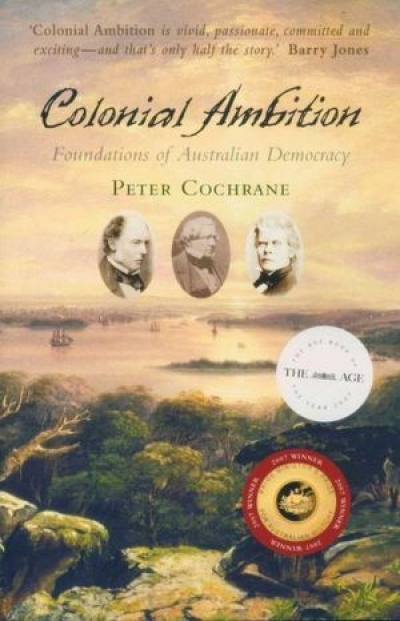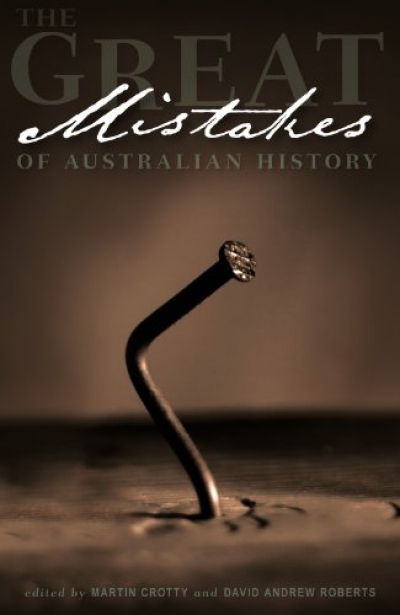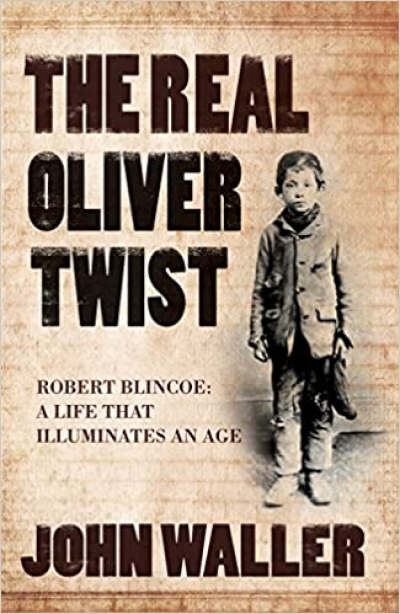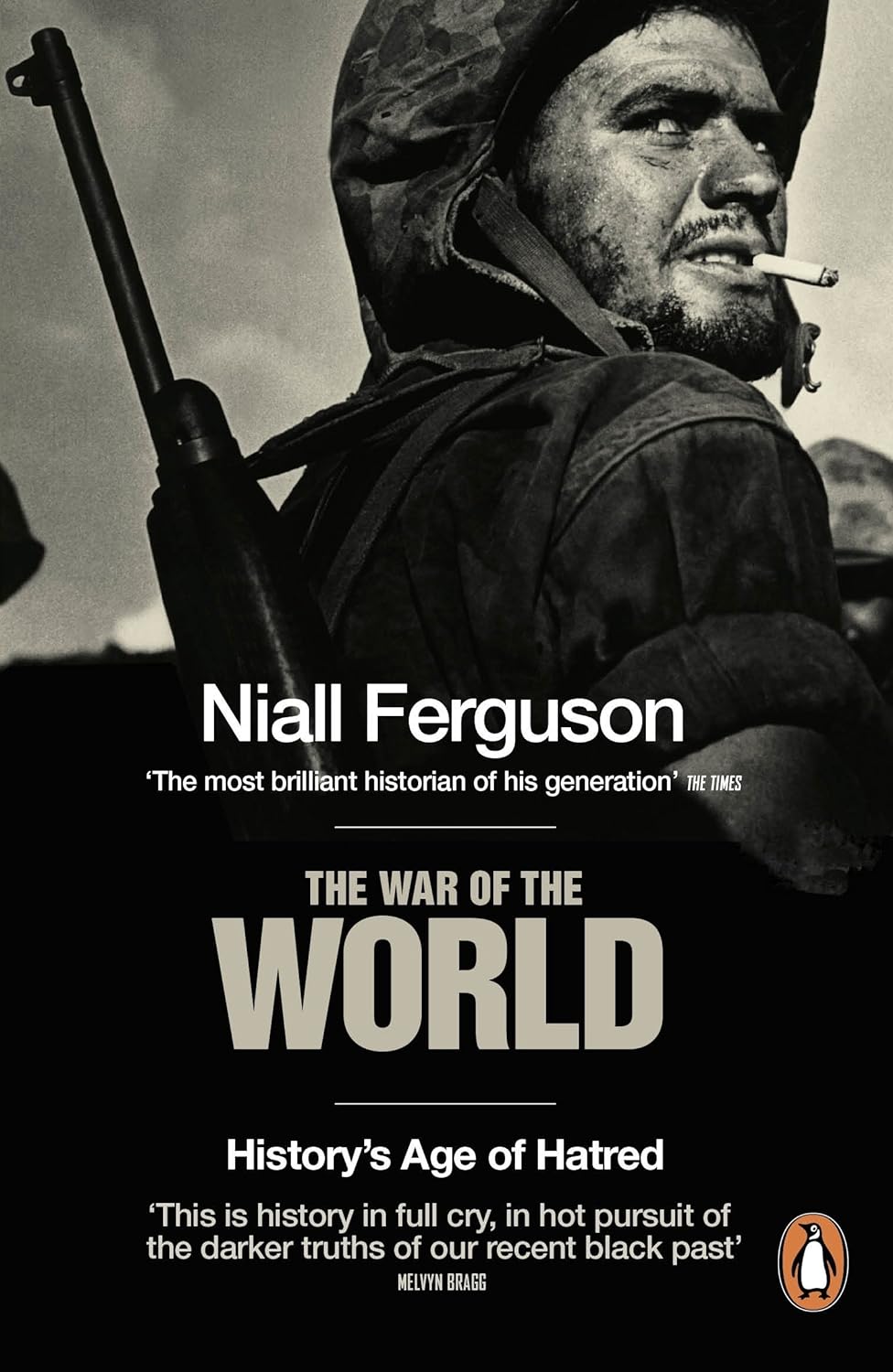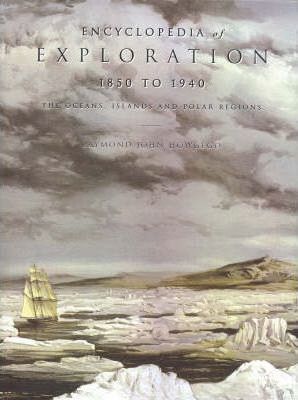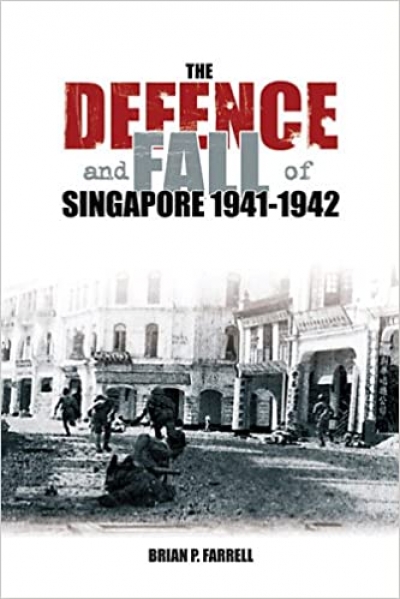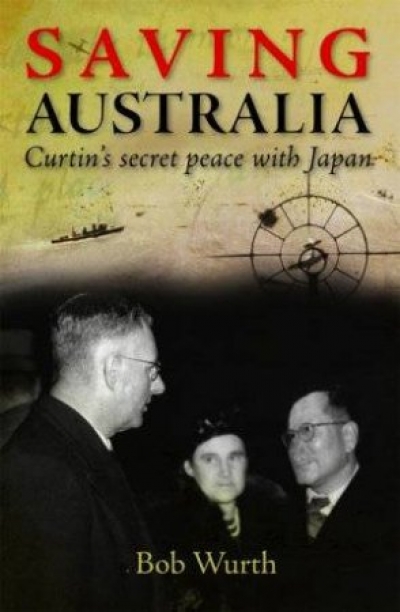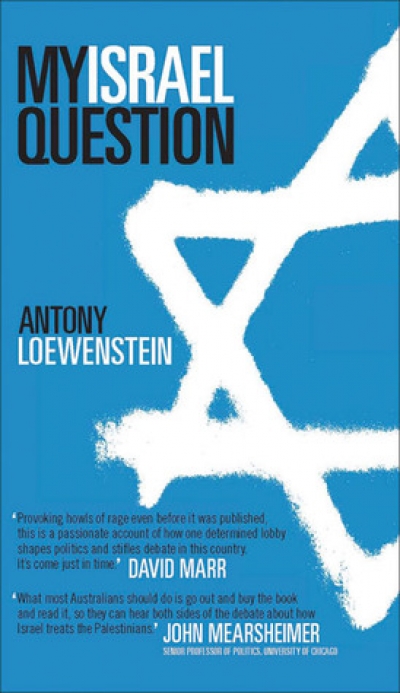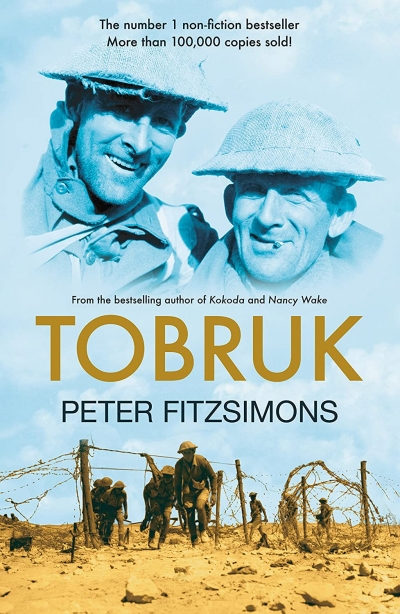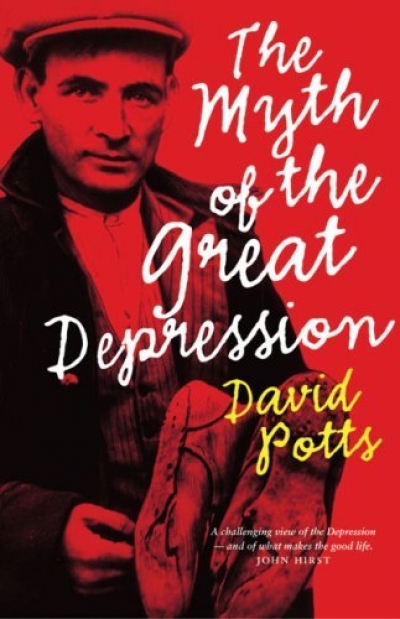History
Colonial Ambition: Foundations of Australian democracy by Peter Cochrane
This book is an account of politics in Sydney during the 1840s and 1850s. Occasionally, the story reaches into the depths of urban life, with descriptions of what Peter Cochrane calls ‘the city’s thick web of political conversation’. But Cochrane is mainly interested in the political leadership, and he has a small number of once celebrated men – William Charles Wentworth, Robert Lowe, Henry Parkes, Charles Cowper and a few others – carrying most of the action.
... (read more)The Great Mistakes of Australian History by Martin Crotty and David Andrew Roberts
The trouble about identifying great mistakes in Australian history is that most of them seemed like good ideas at the time. When, for instance, a recent IPA Review identified as one of Australia’s major errors the rejection in 1905 of George Reid’s free-trade federal government in favour of Alfred Deakin’s tariff protectionists, it indulged in anachronistic hindsight. However suited globalisation may be to the geopolitics and technology of the present day, things were different a hundred years ago. Every nation except Great Britain and Turkey used the tariff to protect local capitalists and employees. A whole anthology of ‘great mistakes’ risks deteriorating into a facile exercise in ancestor-bashing.
... (read more)John Waller is a science historian at the University of Melbourne, and his new book is a study of the life and times of one Robert Blincoe. Though he is hardly a household name, Blincoe’s career is interesting in that he is the first factory worker in Britain’s Industrial Revolution whose biography can be reconstructed in some detail.
... (read more)The War of the World: History’s age of hatred by Niall Ferguson
Occasionally, a television series on history is accompanied by an excellent book. Jacob Bronowski, anchorman for The Ascent of Man (1973), produced a book of the same name, the more remarkable because it lucidly explained complicated topics in the history of science. John Kenneth Galbraith’s challenging and quietly amusing The Age of Uncertainty (1977) came from another BBC series. Now the history of the twentieth century – or essentially the first half of it – is told and interpreted in this fascinating book by Niall Ferguson, a talented British historian who is a professor at Harvard University.
... (read more)Encyclopedia of Exploration, 1850–1940: The oceans, islands and polar regions by Raymond John Howgego
When does an explorer become an adventurer, an adventurer a traveller, a traveller a tourist? This third volume of Raymond Howgego’s monumental Encyclopedia of Exploration moves into a period when the lines become increasingly blurred.
Volume One (2003) covered all of human history up to 1800. In that period, any traveller who left a written account of his or her journey could be counted as an ‘explorer’, and Howgego’s sheer stamina in seeking them all out made this one of the extraordinary books of our time. Most reference works of this scale are assembled by small armies of writers, researchers and editors, funded by major international publishers. The Encyclopedia of Exploration to 1800 was the work of one man, supported by the comparatively modest resources of Sydney antiquarian bookseller and boutique publisher, Hordern House.
... (read more)The Defence and Fall of Singapore 1940–1942 by Brian P. F & Singapore Burning by Colin Smith
It is rare that two books of such quality should appear at the same time, especially on a subject as tragic but absorbing as the fall of Singapore. The reader is reminded immediately of films about the maiden voyage of the Titanic. You know that at the end of the film the ship has to sink: you also know that Singapore must fall with equally dramatic suddenness. Worse, in the case of Singapore, the systematic massacre (sook ching) of much of its overseas Chinese population by the Japanese kempetai (secret police) adds a huge dimension of tragedy to what is already a disaster; as does the fact that the Japanese, unlike most Western armies of the period, had no plans to deal effectively with more than 130,000 Allied prisoners, who were then dispersed and incarcerated in prisoner-of-war camps across South-East Asia and Japan itself. Every so often, these scenes are revisited by sympathetic writing, and also by new evidence and analysis, which is the case here.
... (read more)Saving Australia: Curtin’s secret peace with Japan by Bob Wurth
As a middling country far from the centre of major world events, Australia has usually bobbed about in the wake of greater Pacific powers. After being a dependency of Britain for nearly two centuries, the country was accustomed to having its fate decided by distant power brokers. Yet Australian leaders occasionally attempted to strike out on their own in pursuit of what they saw as distinctively Australian interests. Alfred Deakin did it in 1908 when he ignored the usual diplomatic niceties of consulting the British Foreign Office before inviting the American fleet to visit Australia; Billy Hughes did it with his grandstanding at the Versailles peace conference of 1919; and Robert Menzies and John Curtin did it during the desperate days of mid-1941, when they tried to keep Japan out of the war, as British Empire forces struggled to maintain their tenuous hold on the Mediterranean.
... (read more)When I started reading My Israel Question, the Israel Defence Force Chief of Staff had just vowed to ‘turn back the clock in Lebanon by twenty years’; and the demolition was underway. Beirut’s airport, major roads, bridges, power generation facilities and other civilian infrastructure had been bombed, and villages and densely populated suburbs were being reduced to rubble. In a report some weeks later (August 23), Amnesty estimated that 1183 Lebanese had been killed, mostly civilian, about one-third of them children. The injured numbered 4054, and 970,000 people were displaced; 30,000 houses, 120 bridges, 94 roads, 25 fuel stations and 900 businesses were destroyed. Israel lost 118 soldiers and 41 civilians, and up to 300,000 people in northern Israel were driven into bomb shelters. Israel estimates that Hezbollah, the putative object of its wrath, lost about 500 fighters.
... (read more)Books like this are not written for people like me, and it is only fair to acknowledge that at the outset. ‘Australia’s most beloved popular historian’ (he must be, it says so on the inside flap) actually doesn’t want to be regarded as an historian, but as a storyteller (he says so himself), and so has little or no interest in satisfying the requirements and expectations that a professional historian might seek to apply to his undertaking. He will make a lot of money in the process, and good luck to him.
... (read more)More revisionism, I sighed, viewing the title of this book. First it’s the extent of frontier warfare between Indigenous Australians and settlers, now it’s the 1930s Depression. Doubtless in the next year or two we shall have a history demonstrating that the trauma of Gallipoli has been much exaggerated, since most of those who took part survived and some lived to ripe old ages. I was too hasty. David Potts has produced a subtler and more nuanced study than might be expected from the book’s title and advance publicity. Some of his findings are open to debate, but he underpins his arguments with evidence based on many years of oral history research with his undergraduates in the splendidly creative school of history at La Trobe University. It is this use of oral history that makes for controversy.
... (read more)

